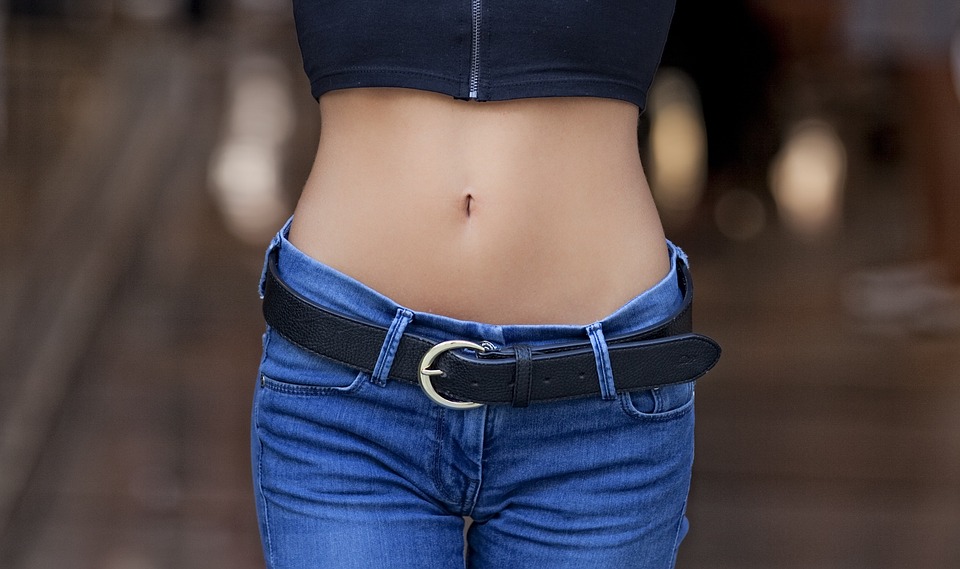
Body + Mind is reader-supported. We may earn an affiliate commission when you buy through some of the links on our site.
Does Aunt Flo have a cousin?? If she did, they’d go by the initials “IBS” — or irritable bowel syndrome. These cousins have a lot in common! They can make you feel crampy, bloaty, gassy and often less than fancy. By nature’s design, Aunt Flo makes her monthly visit, but IBS symptoms come and go as a chronic digestive system condition.
Onset may happen suddenly in later years or begin in your twenties. This onset can be incredibly stressful in itself, but can stress cause IBS? Not exactly — but it can contribute.
An increasing number of studies reveal the link between anxiety and irritable bowel syndrome, with roughly 60 percent of IBS sufferers meeting criteria for a psychiatric disorder. The most common disorder connected with IBS is generalized anxiety disorder, and 20 percent of IBS patients have depression.
When you have anxiety, many areas of life fill your plate of concerns. You worry about health, relationships, family, career, money and minutiae that appear to pop out of every nook and cranny.
If you experience these feelings along with IBS, you might find yourself wondering: can stress cause IBS?
Anxiety doesn’t directly cause IBS, but it does affect the immune system, which can trigger IBS. So, stress “causes” IBS by the relation of the mind and bodily systems. Those with digestive issues may experience heightened sensitivity with emotional concerns, and anxiety places the body in a hyper-vigilant state where you are more likely to hyper-focus on things like colon spasms and other IBS symptoms.
Two out of three IBS patients are women, and irritable bowel syndrome affects up to 45 million people annually. Most sufferers are under age 50, and while stress doesn’t cause IBS, it can trigger and worsen symptoms, which include:
Those with IBS may also experience other symptoms to a lesser degree — things like backache, poor sleep, tiredness and altered urinary frequency.
IBS is an unpredictable, annoying ninja that plays with your ability to go to the bathroom — as well as the rest of your life. Those who suffer from moderate and severe symptoms feel the impact of IBS in their physical, social, emotional and mental lives. IBS disrupts professional and personal activities, adversely influencing every part of your day. The disturbances affect how the nervous system, gut and brain interact.
IBS diagnoses make up to 40 percent of gastroenterologist visits, and while common, many sufferers don’t seek treatment because of stigma or lack of knowledge. While everyone poops, most people prefer to limit their use of the word “bowel” in daily conversation. Many sufferers don’t get diagnosed until a few years after symptoms set in, and you may rationalize symptoms as something else — like your period. Thanks, Aunt Flo.
IBS is not predictable — constipation alternates with diarrhea. You don’t want to ride the IBS roller coaster, but it can come on whenever it feels like it, similar to how anxiety can sometimes strike. No wonder the two go hand in hand.
Most ride IBS out, but there are more holistic and action-oriented ways to cope with IBS and anxiety symptoms. Combining psychological and medical treatments proves effective for managing IBS and stress. Medically, serotonin reuptake inhibitors and tricyclic antidepressants can help. Cognitive behavioral therapy, hypnotherapy, yoga, Tai Chi and meditation can offer a psychological assist. Getting the body into a regular exercise routine also improves symptoms of IBS and stress.
So, can stress cause IBS? By relation, anxiety contributes to triggering and worsening IBS symptoms in sufferers, but the cause remains unknown. Researchers continue to study the cause and effect relationship between anxiety and IBS, among other links, such as colon abnormalities, food intolerances, bacterial overgrowth and bad gut bacteria. Taking a probiotic or overhauling your diet with more probiotic foods never hurts — one of the reasons why probiotics are important to health!
Well, time to practice those deep breathing exercises, twelve paces away from the bathroom — you know, just in case.
Your email address will only be used to send you our newsletter, and at any time you may unsubscribe. For more information, see our Privacy Policy.